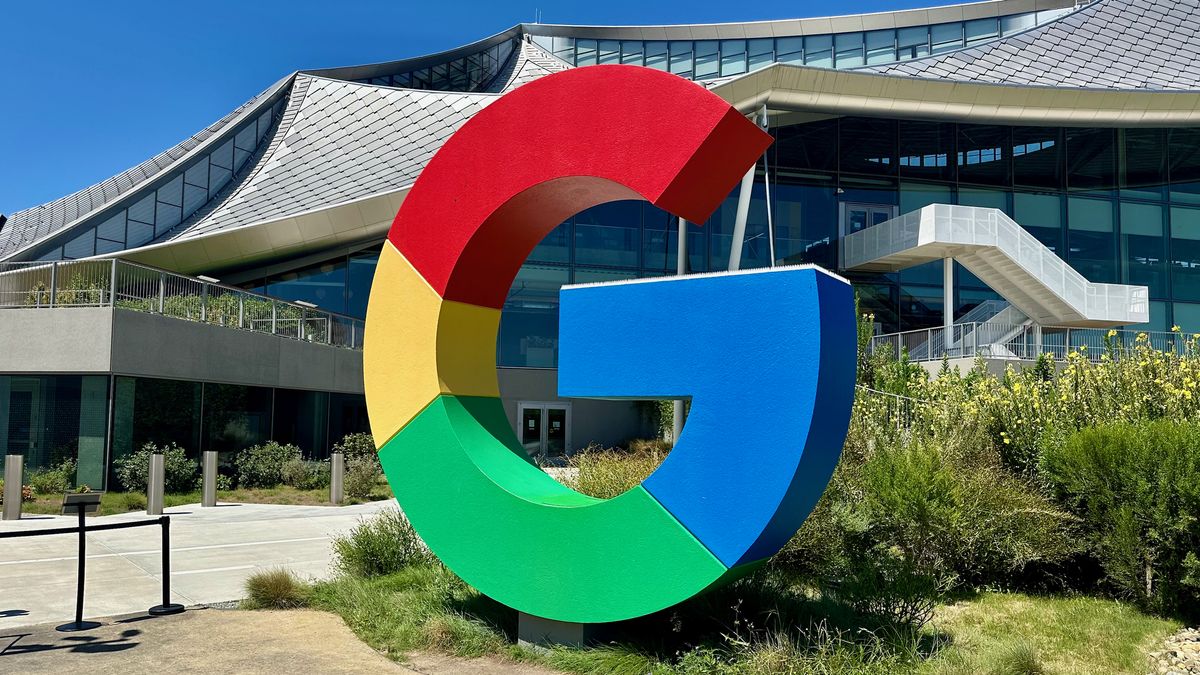What you need to know
- The U.S. advertising monopoly case against Google wrapped up this week, with both the DOJ and Google giving closing arguments.
- U.S. lawyers said that Google is “once, twice, three times a monopolist,” while Google’s lawyers claimed the DOJ proved “the exact opposite” of a monopoly.
- Next, Judge Leonie M. Brinkema will decide whether the case has merits.
Google is seemingly facing legal battles and antitrust challenges on all fronts. The company had to make sweeping changes to its services in the European Union as a result of the Digital Markets Act, and recently lost a case in the U.S. that ruled Google has a monopoly on search. Meanwhile, closing arguments wrapped up this week in another antitrust case concerning Google’s ad-tech business.
Google and the U.S. Department of Justice have two very different interpretations of how the trial went, the two sides made clear in closing arguments reported by The New York Times. The case began last year when the federal government and a number of states filed a lawsuit claiming that Google’s advertising business was a monopoly, deriving partially from its acquisition of Doubleclick, an advertising company, more than a decade ago.
Experts suggest that following Google’s loss in its search monopoly case, another successful antitrust case against the big tech company would have massive implications for regulation. That’s what Judge Leonie M. Brinkema will decide in the next few months, following closing arguments from the U.S. and Google regarding the company’s ad-tech services.
“Google is once, twice, three times a monopolist,” said Aaron Teitelbaum, who is a lawyer for the Justice Department. “These are the markets that make the free and open internet possible.”
Google rejects that notion, claiming that its successful advertising business — which accounted for more than $31 billion in revenue in 2023 — is the result of a healthy market. Advertising represents a significant portion of Google’s total revenue, about one-tenth’s worth, and that’s large for a company with a two-trillion-dollar market valuation.
“Google’s conduct is a story of innovation in response to competition,” said Karen Dunn, the lead attorney for Google. Dunn added that “the law simply does not permit, and the evidence does not support” the claim that Google’s ad-tech business is monopolistic, and said the DOJ’s case ended up proving “the exact opposite.”
Regardless of how Judge Brinkema rules in this case, Google as we know it appears destined to change. As a result of its loss in the separate search antitrust case, the DOJ is asking Google to sell Chrome and make changes to Android. The process will take time, and Google has until Dec. 20 to provide a rebuttal. However, in the end, Google will look different.
